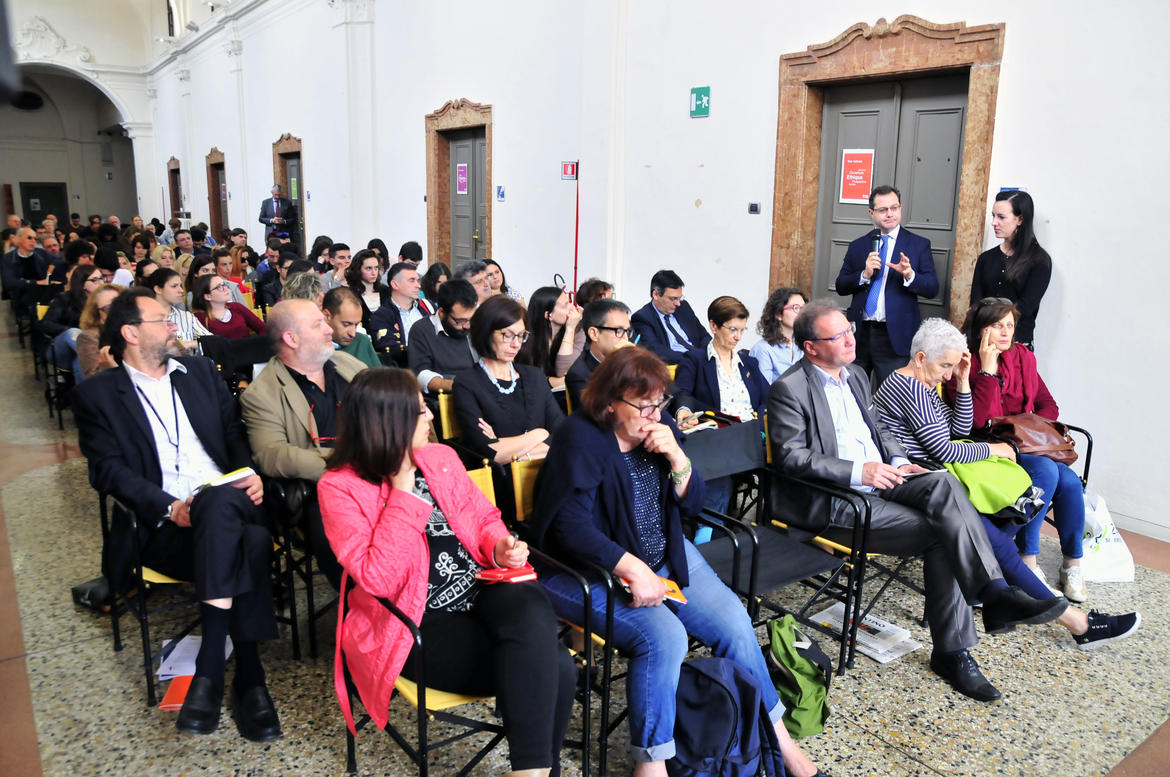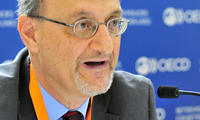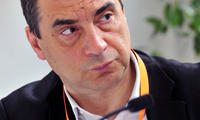
It was a pleasantly crowded meeting that organized this morning by the Centre - OECD LEED Trento on the value of culture as a stimulus for social change and economic growth. The focus of the intervention was "the city", which is an important field of culture and peoples, offering a tangible and intangible heritage which can be exploited to develop the local territory and its citizens.
Lucio Argani, lecturer in Design and Cultural Management at the Catholic University of the Sacred Heart in Milan and Roma Tre University; Claudio Bocci, director of Federculture, the National Association of Culture of the Public Service Enterprise and Mattia Palazzi, Mayor of Mantua, emphasized from different visual angles the enormous potential that cultural investment can have in the development of the city.
The candidate cities to the European Capital of Culture, Youth and Innovation and with them the Italian capital cities of Culture now represent a real movement, and contribute to outline a clear path of change, evolution and regeneration of the area. Similarly, the design and realization of festivals involving cities and citizens in reflections compared to the new challenges of contemporary life can trigger mechanisms of participatory planning and urban regeneration.
Running as a candidate to be European Capital of Culture, or to decide a substantial investment in the cultural dimension, are elements that may contribute to the growth of the individual and the community. This is the case when the proposed routes are not limited to being a summation of events, but rather become a stimulus for a joint planning and rethink the community and the city: all citizens must be empowered, invited to attend and to imagine what changes can make better cities in which they live and reside. Cities are living organisms, they must be cultivated with care and passion, otherwise they could wither: the act of imaging, designing and creating collectively cultural events determines the emergence of interaction places, where communities can come together and build virtuous networks of social relations, defining collective intelligence representing engines of economic development, as well as social.













